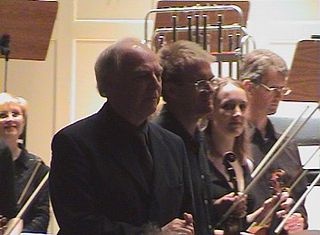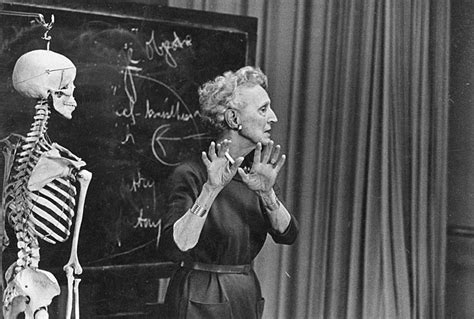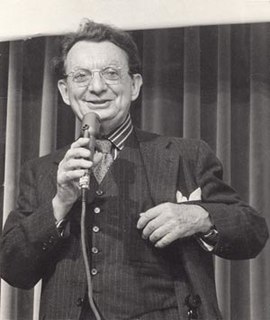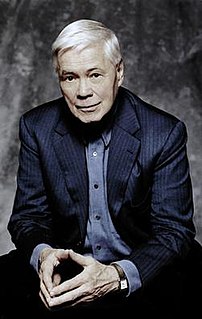Цитата Джона Маклеода
Его остроумное чувство юмора и непоколебимая храбрость служили вдохновляющим примером для многих. Его способность смеяться над идиосинкразиями Жизни и над самим собой в самоуничижительной манере преподала самый ценный из уроков: «быть в хорошем настроении, независимо от того, что жизнь преподносит вам, и всегда находить надежду, которая живет в каждом человеческом сердце».
Темы цитат
Способность
Радоваться
Смелость
Всегда
Каждый
пример
Найти
хорошее
Добро Подбодрить
Сердце
Сам
Его
Надежда
Человеческое
Человеческое Сердце
Юмор
Идиосинкразии
Вдохновляющий
Смех
Смеяться над жизненными
уроками
Жизнь
Многие
Самое
неважное
,
Что
самоуничижительное
чувство Стойкий
учил
Бросил
Ценный
путь
Были
испорчены
Связанные цитаты
Леонард [Нимой] был для меня таким учителем. Он был одним из наиболее полно реализованных человеческих существ, которых я когда-либо знал, на всех уровнях — в его личной жизни с его личными отношениями, его любовью к жене и его эволюцией с его семьей. Потом как художник, как актер, как писатель, как поэт и как фотограф. Он никогда не останавливался.
В какой бы области жизни человек ни столкнулся с трудностями мужества, какие бы жертвы ни пришлось ему принести, если он будет следовать своей совести — потеря друзей, состояние, удовлетворенность, даже уважение окружающих, — каждый человек должен принять решение. для себя курс, который он будет следовать. Истории прошлого мужества могут определить этот ингредиент — они могут научить, они могут дать надежду, они могут вдохновить. Но они не могут обеспечить мужество само по себе. Для этого каждый человек должен заглянуть в свою душу.
Каждый ребенок имеет право знать, как добиться контроля над своим телом, чтобы использовать его в меру своих возможностей для выражения своих реакций на жизнь. Даже если он никогда не сможет продвинуть свои усилия достаточно далеко, чтобы реализовать танец в его высших формах, он может испытать чистую радость ритмического чувства свободного, контролируемого и выразительного движения и через это познать дополнение к жизни, к которому стремится каждый человек. имеет право.
В зависимости от года или психотерапевта, к которому он обращался, он научился приписывать почти каждую грань своего характера психологической реакции на ссоры родителей: свою лень, свои чрезмерные достижения, свою склонность к изоляции, свою склонность к соблазнению, его ипохондрия, его чувство неуязвимости, его ненависть к себе, его нарциссизм.
У нас нет доказательств существования Сократа. Мы знаем только от свидетелей его жизни, что он это сделал. Подобно Иисусу, он никогда ничего не записывал. Для меня не имеет значения, существовал он или не существовал, потому что у нас есть его учение, его метод мышления и его чрезвычайное интеллектуальное и нравственное мужество.








































